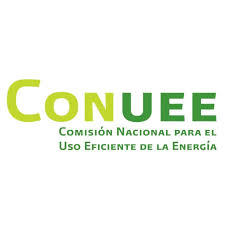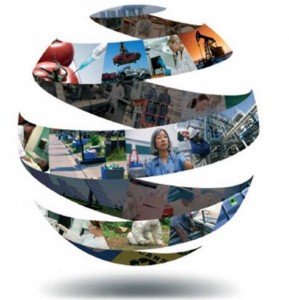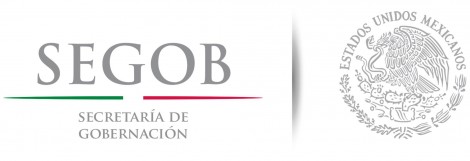Case Study
Certification supports energy efficiency of products in Mexico
Energy-Efficiency (EE) standards are procedures and regulations that prescribe the energy performance of manufactured products e.g. electronic equipment, refrigerators, air conditioners and water heaters.
Mexico implemented a policy to establish a fund to facilitate the reduction of emissions in energy consumption by replacing incandescent light bulbs with compact fluorescent light bulbs and the project of energy-efficient refrigeration to reduce energy consumptions. This policy was supported by standards. Mexico mandates for EE standards to come from the Federal Law on Metrology and Standardization (LFMN – Ley Federal sobre Metrología y Normalización), which established a list of specific and generic public and private organizations for implementing the Standards’ Programme. The LFMN lists in Article 3 the responsible parties for developing voluntary (NMXs) and mandatory standards (NOMs).
The National Commission for Energy Efficiency (CONUEE) is responsible for developing EE standards. It is a decentralized, administrative agency of the Secretary of Energy, with technical and operative autonomy to promote energy efficiency.
When a Ministry in Mexico issues technical regulations, these are mandatory, so all products, processes, methods, facilities, services or activities must comply with the Mexican Official Standards that are published in the Official Gazette (DOF). There is a detailed list of current EE standards in Mexico.
To demonstrate compliance with mandatory standards, products such as refrigerators, air conditioners, laundry machines or water heaters shall be certified. The certification and related testing shall be performed by accredited third parties. Private organizations that participate in this EE conformity assessment system in Mexico are:
- Testing laboratories: independent or operated by manufacturers. When accredited to ISO/IEC 17025: General requirements for the competence of testing and calibration laboratories, the laboratory does the tests under NOMs requirements and issues the results’ report.
- Calibration laboratories: accredited to ISO/IEC 17025 give traceability to the measurement instruments of testing laboratories.
- Certification bodies: accredited to ISO/IEC 17065 and approved by corresponding ministries to certify compliance with EE standards (NOMs). The certification bodies only recognize test reports of accredited laboratories.
- Accreditation bodies: ensures technical competence of certification bodies, testing laboratories and calibration bodies. A competent accreditation body complies with the requirements of ISO/IEC 17011 Conformity assessment – General requirements for accreditation bodies assessing and accrediting conformity assessment bodies (CABs).
There are other systems that exist on the Mexican market, such as the Electric Power Saving Trust Fund (FIDE) label, a voluntary label that identifies energy-efficient products. It certifies that products meet specified standards and identifies them as FIDE certified energy-efficient products. FIDE also requires conformity assessment bodies to be accredited to issue its certificates.
FIDE label covers the products listed below and its targets to increase coverage to 7700 products across 85 companies:
- Electric three phase induction motors
- Lamps, ballasts and luminaries
- Water pumps
- Commercial refrigerators
- TV sets and monitors
- Air conditioners
Regarding EE voluntary standards, Mexico also promotes the use of ISO 50001 – Energy management systems, that supports organizations in all sectors to use energy more efficiently and improve environmental performance, through the development of an energy management system (EnMS).The Certification Bodies seeking accreditation on Energy Management Systems program shall comply with ISO/IEC 17021: Conformity assessment – Requirements for bodies providing audit and certification of management systems.







